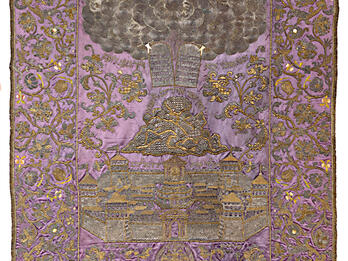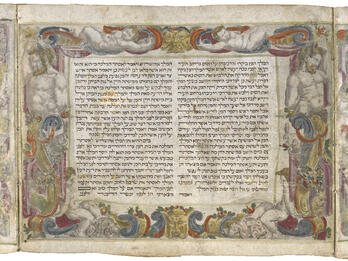Abraham Catalano
Abraham Catalano lived in Padua in the early to mid-seventeenth century. Catalano, who in all likelihood studied medicine at the University of Padua, survived the plague that swept through Italy in the years 1630 and 1631. This plague had a devastating effect on his native city. More than half of the city’s 721 Jews perished, among them Catalano’s beloved wife. Catalano played a significant role in the efforts to stop the spread of the plague in the ghetto. He subsequently wrote an account of this period, detailing how Jews lived during the outbreak, the efforts to save lives, disposal of the dead, the economic difficulties caused by the plague, and he named many of the deceased. He concluded his account with instructions for behavior during future outbreaks, including distancing measures to be implemented during prayer services. The work, which has survived in several manuscripts, includes a poem written by the author’s son during the plague, which he survived in the nearby village of Corte. Catalano also composed a brief moral work Metsaref le-sekhel, which has never been published.



